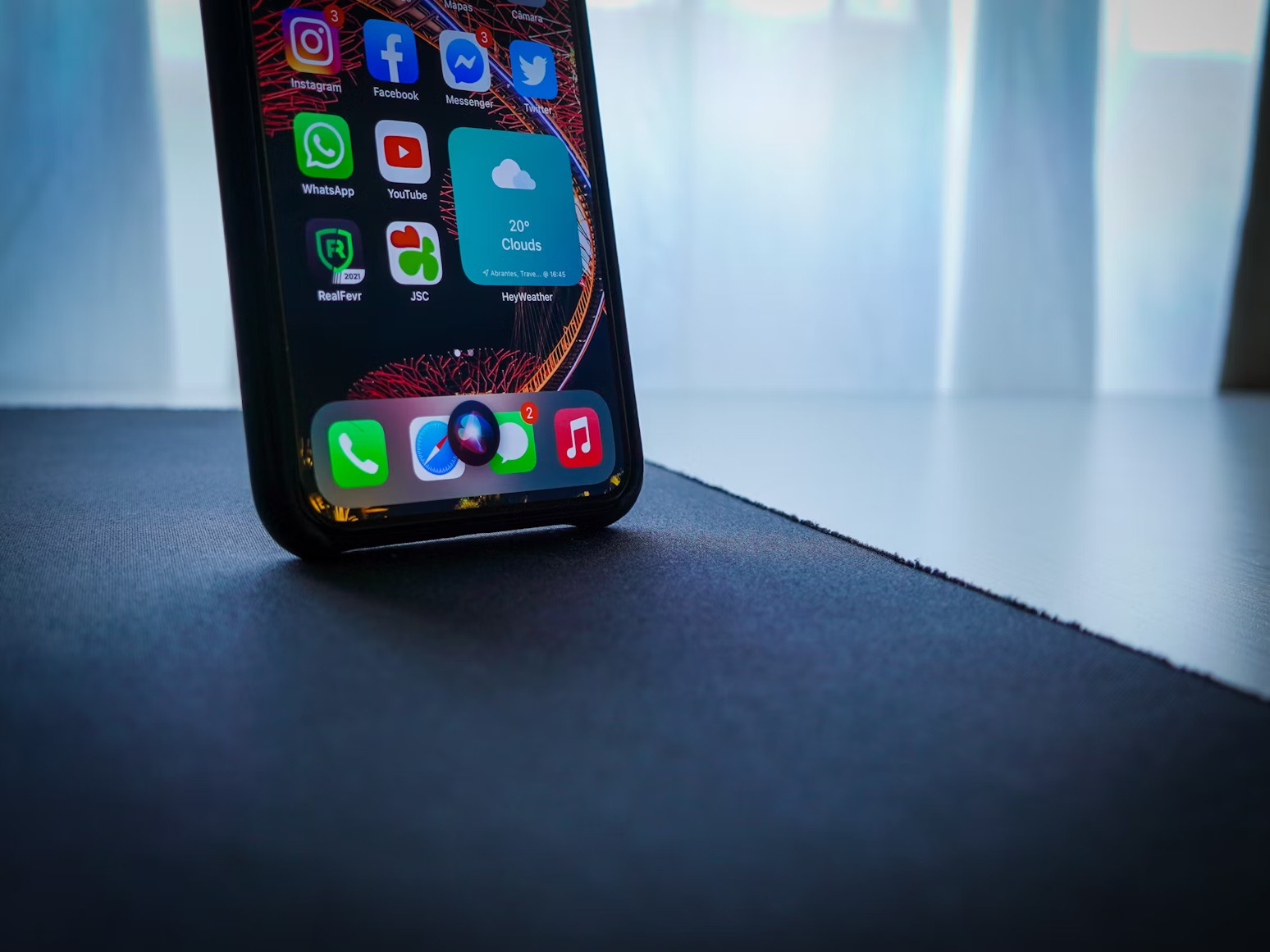
Apple is getting closer to a major AI revamp for Siri. The iPhone maker has been overhauling its voice assistant to make it more competitive with AI tools from companies like OpenAI and Google. To prepare for the new and improved Siri, Apple has created its own ChatGPT-like app, which is being used exclusively for internal testing.
According to a new report from Bloomberg’s Mark Gurman, this internal app is codenamed “Veritas.” Veritas is being used by Apple employees in its AI division to evaluate a new system, internally named “Linwood,” that will power the revamped Siri. Linwood will use a combination of Apple’s own large language models and a third-party model, as Apple has been in discussions with several AI companies for a potential partnership. While the existence of Veritas gives a crucial look into Apple’s plans, the company has no current plans to release the app to the public.
Testing the Future of AI Integration
Veritas is being used to test a variety of features that will be integrated into the new Siri. The features being tested include an AI search tool that can access a user’s personal data, such as their music library and emails, and the ability to perform in-app actions like editing photos with AI. The app is also being used to evaluate whether these features are useful in a chatbot format.
Apple’s foray into AI has been a cautious one. The company’s AI features, branded as “Apple Intelligence,” were launched last year, but their rollout has been described as underwhelming. The company’s approach is a stark contrast to its competitors, who have aggressively integrated AI into their products. However, the Siri revamp has been delayed multiple times. According to Gurman’s report, Apple is currently targeting a March 2026 debut for the new Siri.
Author’s Opinion
The existence of an internal AI app like “Veritas” shows that Apple is taking a cautious, methodical approach to AI. By building its own testing platform, Apple is ensuring that its new AI features, especially those that access personal data, are thoroughly vetted for privacy and security before being released to the public. This strategy, while slower than its rivals’ more public-facing approach, is a deliberate choice to maintain its reputation for security and a polished user experience. It signals that Apple understands that in the high-stakes world of AI, a botched launch can be more damaging than being late to the party, and that for Apple, a seamless and private user experience is the ultimate competitive advantage.
Featured image credit: Miguel Tomás via Unsplash
For more stories like it, click the +Follow button at the top of this page to follow us.
